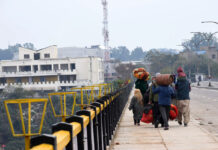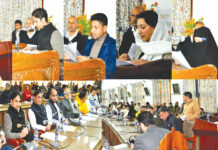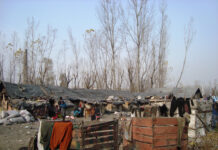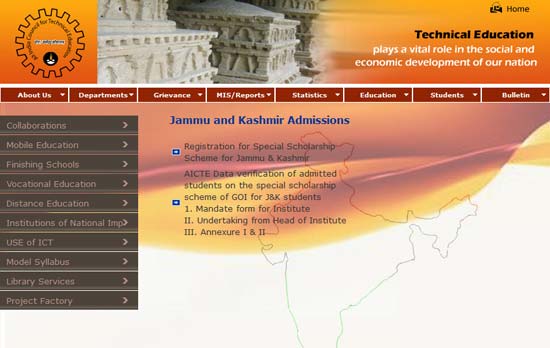However, in J&K successive governments have failed to muster the courage to de-notify any area as disturbed to pave way for revocation of AFSPA. Instead, they cry hoarse for it to be initiated by the centre.
Chidambaram’s visit to Kashmir came at a time when the entire valley is on tenterhooks over the rape and murder of a woman and a school girl at Shopian that expedited the demand for removal of troops from civilian areas and revocation of AFSPA. Chidambaram told at a press conference on Thursday that local police will replace the paramilitary CRPF.
The possible pullout also comes after the US undersecretary of state for political affairs, William Burns, the first high-ranking US official to visit India after the recent elections, handed over a letter from US President Barack Obama to Indian Prime Minister Manmohan Singh. Burns even asked India to solve the Kashmir problem keeping in view the aspirations of the Kashmiri people. Some Indian political analysts say that US is toeing Pakistan line on Kashmir. “It remains our view that the resolution will have to take into account the views of the Kashmiri people,” Burns said.
Reliable sources in government told Kashmir Life that state is almost ready to de-notify some areas as disturbed areas which will enable centre to revoke the AFSPA to placate the international community on one hand and also credit the pro-India political parties for doing so at state level. It would be the first time the massive armed force has been pulled out of urban areas since 1989 if done.
US secretary of state, Hillary Clinton, is due to visit New Delhi later this month and centre wants to have something in hand to show that India is doing its bit to reduce the concentration of troops in the state. Recently Guinness Book of World records put Kashmir as the most militarized place on earth which has attracted much internal attention.
Political analysts are of the opinion that if Prime Minister and Home Minister are able to overrule the hawks within the security establishment, they will be making a service to peace process.
“The revocation of AFSPA needs build up of consensus among defence ministry, security agencies and even foreign ministry as it has the potential of huge political fallout. On several occasions in the past, security agencies overruled their political bosses to keep troopers unfettered,” says Dr Gull Mohammad Wani of Kashmir University’s political science department.
“Earlier, it was a demand of political parties and even it was the main plank of them during the elections. Now it has become extremely sensitive and emotive issue for the ordinary Kashmiri as dignity and honour have taken centrality after the Shopian tragedy. Unlike past experiments, what is needed is to translate promises into deeds,” adds Dr Wani.
Home Minister’s announcement that centre will think over the phased pullout of the paramilitary force from the urban areas bewildered many Kashmir watchers. They say that when J&K police is already doing the job of maintenance of law and order, why say ‘we will think over it’.













